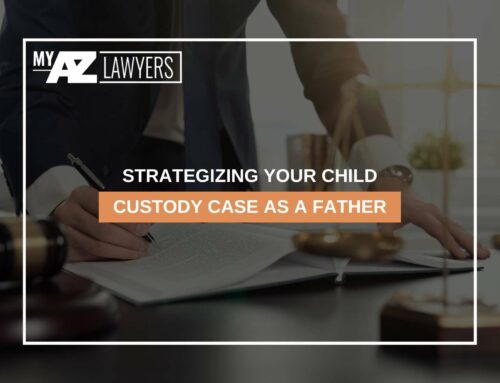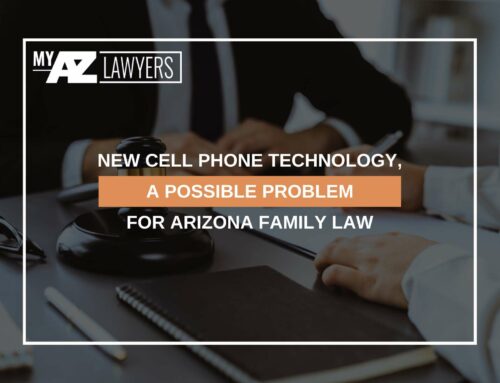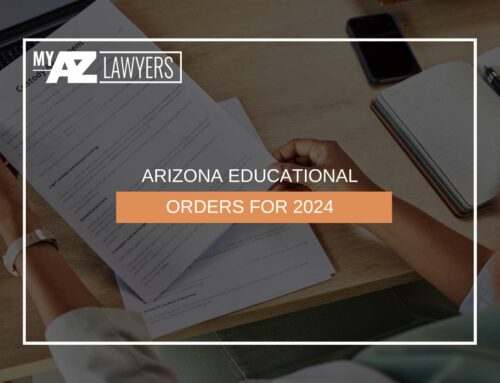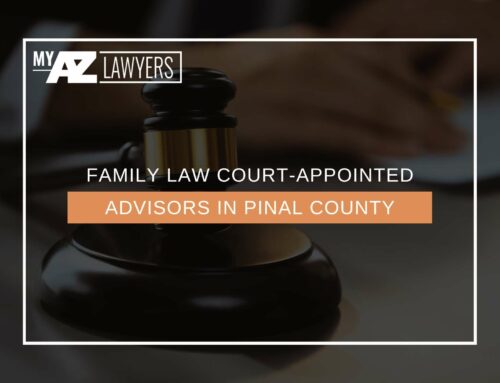Sole Custody vs. Shared Custody: What’s the Difference?
The very first issue that most married couples want to talk about when they decide to separate or divorce is who will get custody of the children (if children are involved). Yet it is also the most contentious issue amongst most couples. Most parents don’t want to give up any time with their children, and they will fight fiercely for the right to have more of that time.
It’s important that you work with an experienced family law attorney so that you understand how child custody laws work in your state and what your legal rights are. Working through a legal advocate will help you find the best solution for your family, and it will keep the flair of emotion from making the situation worse for everyone.
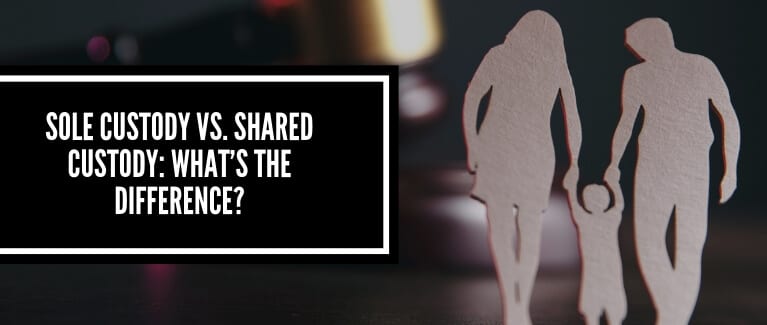
Legal vs. Physical Custody
Before you can get to the issue of sole custody or shared custody, you need to first decide on whether you are talking about legal custody or physical custody.
Legal custody refers to who has the ability to make decisions on behalf of the child, such as for education, healthcare, or well-being. The person (or people) with legal custody would be able to make decisions such as where the child goes to school, whether a child gets vaccines, and so on.
Physical custody refers to which person the child lives with. Physical custody can be split, with children living between two homes.
When you start custody discussions, you need to be clear about whether you are talking about who will have legal custody or physical custody or both. Then you can start your negotiations.
Legal Preference
Most states typically prefer to award shared custody. In fact, some states don’t even refer to it as “custody,” but rather as parenting “time.” Typically, the law recognizes that it is in the best interests of the children to spend time with both of their parents and to have a strong relationship with both of them. What that means is that the courts are likely to award shared legal and physical custody of the children to both parents, unless there is a compelling reason not to do so.
Shared custody is not necessarily always 50/50. Visitation or physical custody may be split according to a variety of factors, such as where the children attend school and their other needs. The courts will look at what is in the best interests of the children when making a decision.
Arguing for Sole Custody
If you want to have sole custody of your children, whether legal or physical, you are going to need to have a good reason, and you need to be prepared to make a strong argument to the court, backed by evidence. This is where a good family law attorney comes in.
Your attorney will work with you to identify reasons that would be compelling for you to have sole custody of your children, such as that your ex has been abusive, has had problems with drugs or alcohol, does not have steady employment, and so on. Other reasons that the courts may recognize as valid include the parent traveling frequently and being unable to provide stability for the child, the other parent having a significant mental or physical disability, or the other parent having been visibly absent from the child’s life. Know that you will need to show proof for any of these claims, including expert or witness testimony where applicable.
In the best of all possible worlds, you and your ex would be able to work together to come up with a parenting plan that is in the best interests of your children. But splits are not usually ideal, and they usually involve a lot of hostility and fighting. Working with an empathetic family law attorney can help you figure out the right custody arrangement for your children and help your family through this difficult time.
My AZ Lawyers can help you through your divorce or your child custody conflict. You can work with a family law lawyer who can help you get the custody arrangement you believe to be right for your family, or you can work with a divorce attorney who can help you settle all the issues in your marriage, including division of property and child custody. Our attorneys are compassionate and committed. They want to help you get the right outcome for your family, and they will do what they can to make the process easier on you. Call us today to talk with a divorce lawyer or family law attorney today.
Published By:
My AZ Lawyers
Mesa Location:
1731 West Baseline Rd., Suite #100
Mesa, AZ 85202
Office: (480) 448-9800
Glendale Location:
20325 N 51st Avenue Suite #134, Building 5
Glendale, AZ 85308
Office: (602) 509-0955
Tucson Location:
2 East Congress St., Suite #900-6A
Tucson, AZ 85701
Office: (520) 441-1450
Avondale Location:
12725 W. Indian School Rd., Ste E, #101
Avondale, AZ 85392
Office: (623) 399-4222


